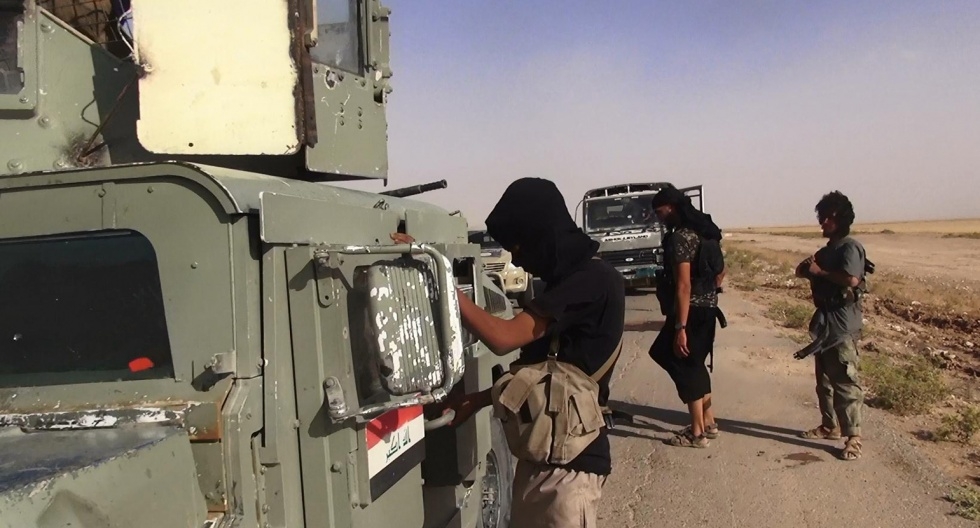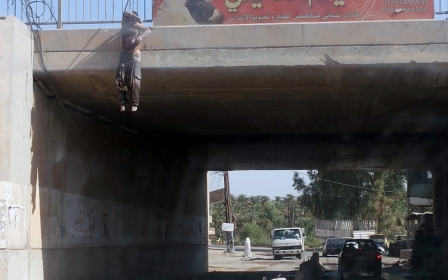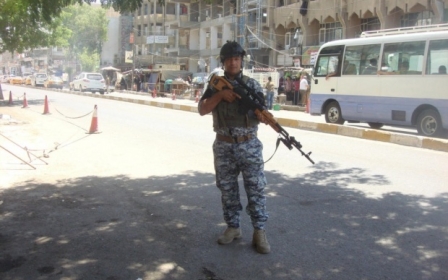Iraq militants seize second town from Kurdish forces

SULAIMANIYAH, Iraq – Militants from the Islamic State (IS) raised their black flag in Iraq's northern town of Sinjar Sunday in a second straight day of advances against Kurdish forces.
"The (Kurdish) peshmerga have withdrawn from Sinjar, Daash has entered the city," Kurdish official Kheiri Sinjari told AFP, using the former Arabic acronym for the IS.
"They have raised their flag above government buildings," the Patriotic Union of Kurdistan (PUK) party official said.
Other officials confirmed the fall of the town between the Syrian border and Mosul, which is Iraq's second city and has been the IS hub there since it launched a major onslaught on June 9.
"The peshmerga have withdrawn to mountain areas and are getting reinforcements," a high-ranking peshmerga source said.
The capture of Sinjar prompted thousands of families -- up to 200,000 people, according to the UN -- to flee, many of them into the neighbouring mountains.
"A humanitarian tragedy is unfolding in Sinjar," the top UN envoy in Iraq, Nickolay Mladenov, said.
"The United Nations has grave concerns for the physical safety of these civilians," Mladenov said, as they risk being stranded with no supplies in roasting temperatures.
The militant group posted pictures on the Internet of its forces patrolling Sinjar's main street.
The push on Sinjar by IS fighters came a day after the militants seized control of Zumar, another town to the northeast, which had also been under peshmerga control.
The Sunni militants also seized two nearby small oilfields which a North Oil Company official said had a combined capacity of 20,000 barrels per day.
Both Sinjar and Zumar are areas that the Kurdish peshmerga moved into in June.
They took over the places left by retreating Iraqi government forces, while grabbing land the Kurds had long wanted despite protests from Baghdad.
According to a senior official, a Kurdish delegation is currently in the United States to demand military equipment.
Middle East Eye propose une couverture et une analyse indépendantes et incomparables du Moyen-Orient, de l’Afrique du Nord et d’autres régions du monde. Pour en savoir plus sur la reprise de ce contenu et les frais qui s’appliquent, veuillez remplir ce formulaire [en anglais]. Pour en savoir plus sur MEE, cliquez ici [en anglais].




